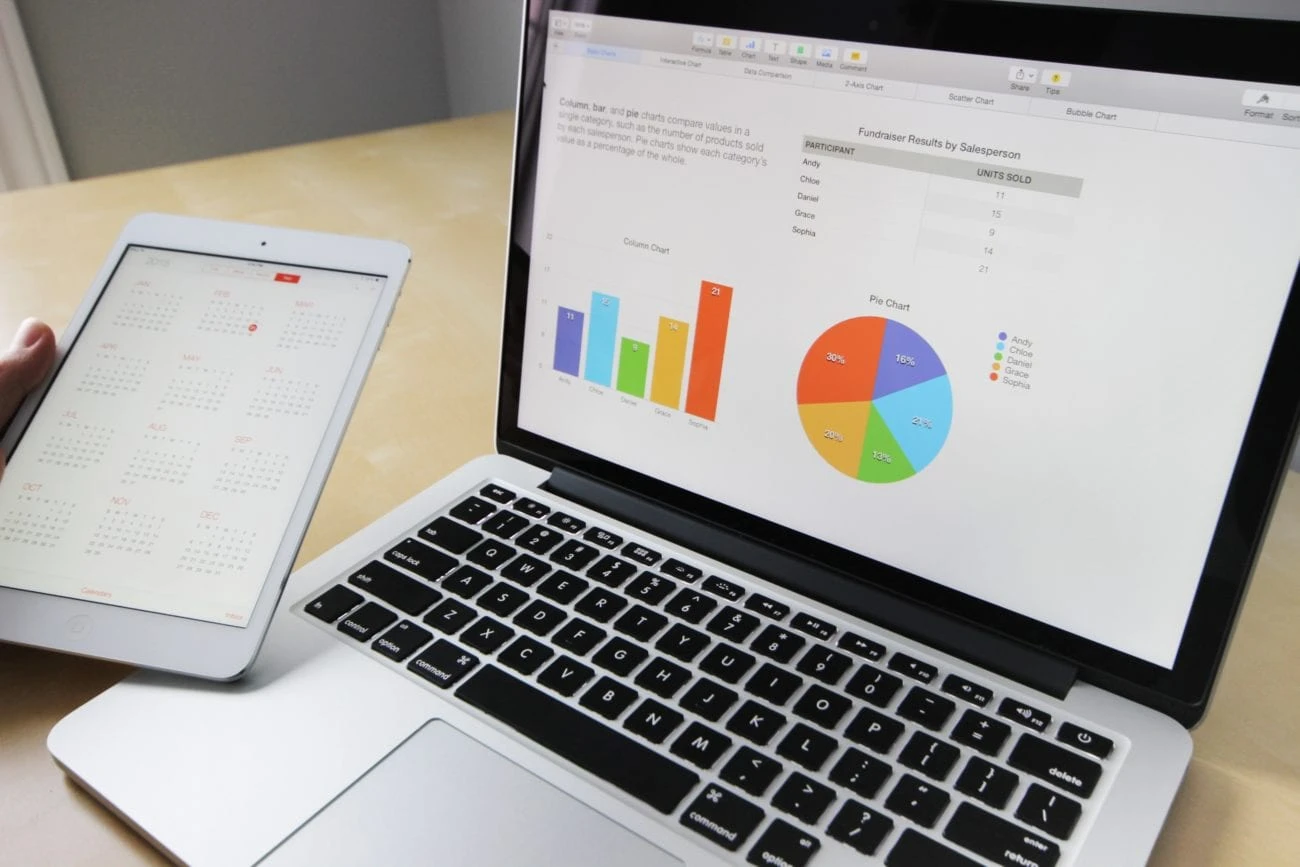Rising costs hit Raketech bottom line in Q1

Online affiliate and content marketing provider Raketech has said that despite experiencing a 76.6% year-on-year decline in profit during the first quarter of 2020, it was a “stable” period of trading for the business.
Total revenue during the three months to 31 March amounted to €6.5m (£5.7m/$7.0m), an increase of 1.4% on the corresponding quarter last year.
During the quarter, Raketech said that it saw a particularly strong performance in both Norway and Sweden within its casino-led comparison products.
However, at the same time, sports revenue declined due to event cancellations or suspensions as a result of the novel coronavirus (Covid-19) outbreak.
Outside of the Nordics, revenue was up 14.0% on a year-on-year basis in Q1, in comparison to a rise of 5.0% in the same quarter last year. Raketech said this was primarily down to growth within its Casumba business as well as the newly acquired Lead Republik.
Looking at spending for the quarter, total operating expenses were up 40.5% from €3.7m to €5.2m, with costs higher across several areas. Direct expenses climbed 60.0% to €1.6m, due to the acquisition of Lead Republik, the addition of new product categories, increased efforts in paid media and higher investments in its product portfolio.
Employee benefit expenses jumped 30.0% to €1.3m, driven by the on-boarding of senior management and other qualified staff. Depreciation, amortisation and impairment costs jumped 82.8% to €1.3m, primarily due to the acquisition of Casumba and upward adjustments to amounts committed on the purchase of CasinoFeber.
In addition, other expenses were slightly up to €900,000, while loss allowance was cut from €325,000 to €123,000 during the period.
As a result of these higher costs and only minimal revenue growth, Raketch saw operating profit slip 50.0% from €2.8m to €1.3m. Profit before tax also dropped 77.1% to €1.1m, though Raktech last year benefitted from €2.3m in additional non-operating income.
After paying €75,000 in tax during the quarter, total comprehensive profit for the period stood at €1.1m, down 76.6% from €4.7m in 2019.
Reflecting on the quarter, chief executive Oskar Mühlbach praised Raketech for maintain a stable performance despite the coronavirus outbreak, saying that its product portfolio performed as expected and the business continued to deliver on strategic operational goals.
“Our new depositing customer intake continues to grow while the player values seem to have stabilised somewhat, which we see as promising,” he said. “Stability is something we currently long for as it allows us to make better decisions on investments and give our customers better value for their marketing spend.
“Furthermore, with the acquisition of Lead Republik, we added a new product category with substantial revenues from outside the Nordics. The integration is evolving according to plan and the team is so far performing as expected.”
In March, Raketech said it did not expect the outbreak of coronavirus to have a long-term impact on business, but did warn that the pandemic is likely to affect sports betting income.
Mühlbach said while another expected impact was that some players would switch from offline to online gambling, this has not yet had any major overall effect on Raketech.
“If the situation continues for a long time, we although expect to see a slightly negative impact on our sports revenues which might not be fully compensated for by an increase in casino,” Mühlbach added.
Looking to Q2, Mühlbach said April started similar to how March ended, with strong casino and weakened sports performance. Preliminary figures for April show that revenue for the month reached €2.4m.
“With the turbulence caused, not only by Covid-19 but also by the suggestions on new, temporary gambling restrictions on the Swedish market we are experiencing a slightly more hesitant attitude from operators investing into, in particular the Swedish market,” Mühlbach said.
“To summarise, the market situation is currently volatile and unpredictable. We are and will therefore continue to be extra careful with guiding on the upcoming quarter or year in terms of expected revenues.
“What we do know is that our operational performance is more stable than ever and that we continue to deliver on our operational goals.”
